By JIM THOMAS -- Soft Serve News, Posted: October 2, 2013
From Oregon to Illinois to Ohio to Maine and across Canada, North America was treated to a great Northern Lights show last night.
The powerful display was an emotional experience for many, including first time aurora watcher Zuragchin Huu: "One of my childhood dreams came true! I was jumping for joy! I never imagined in my wildest dream I would see this natural wonder in North Dakota."
We will have to wait and see if another show is in store tonight. The Real-time Aurora Borealis forecasts can be obtained at the Aurora Borealis Forecast page at Soft Serve News.
Below are a sample of pictures taken the night of October 1, 2013 across North America and uploaded to our Facebook page.
(Note: if you'd like to be receive text, email or phone-call Aurora Alerts, customized for your location, you can get them through personal Aurora Alerts.)
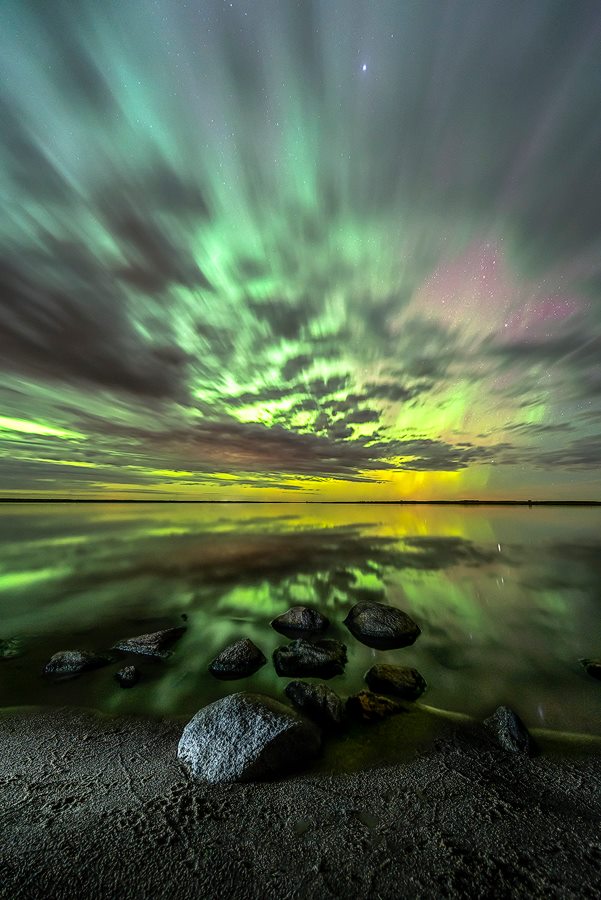
From Bismarck, North Dakota by Marshall Lipp
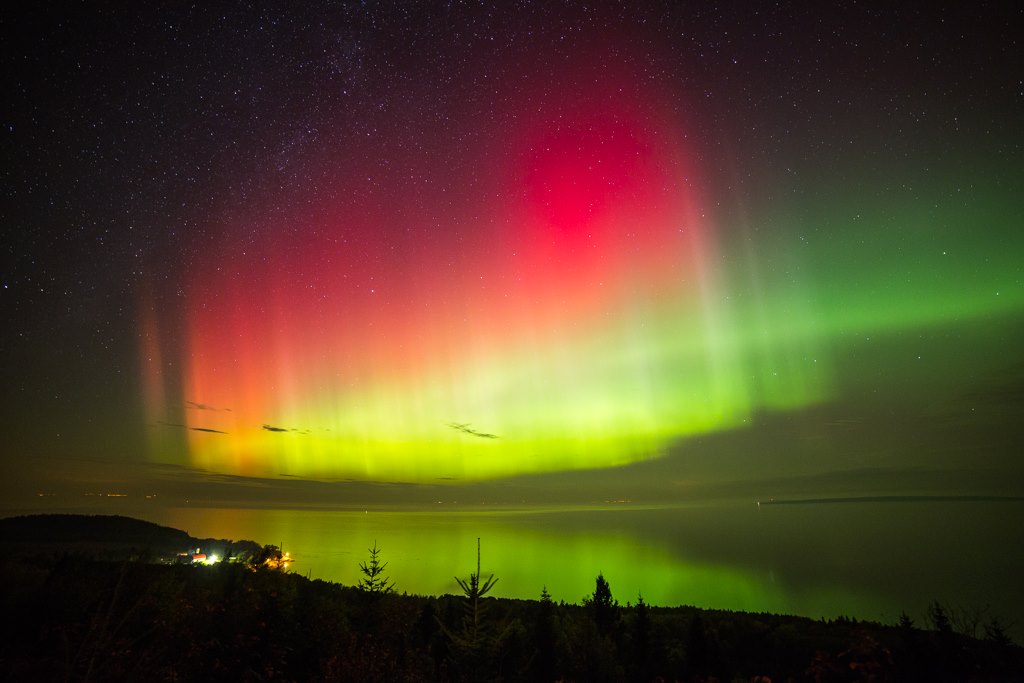
From Eastern Quebec by Sebastien Ross
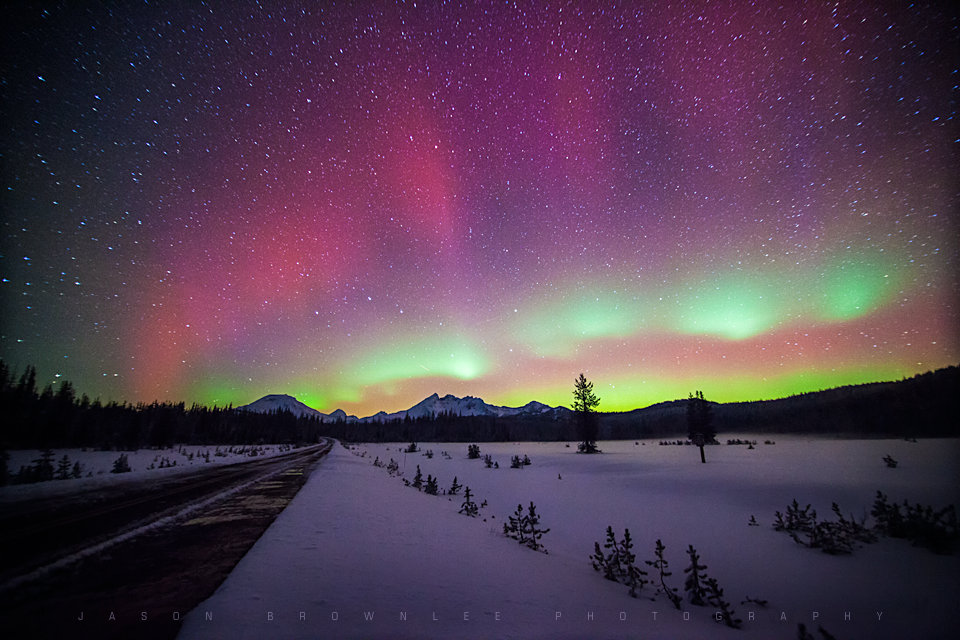
From Central Oregon, Cascade Mountains by Jason Brownlee Photography
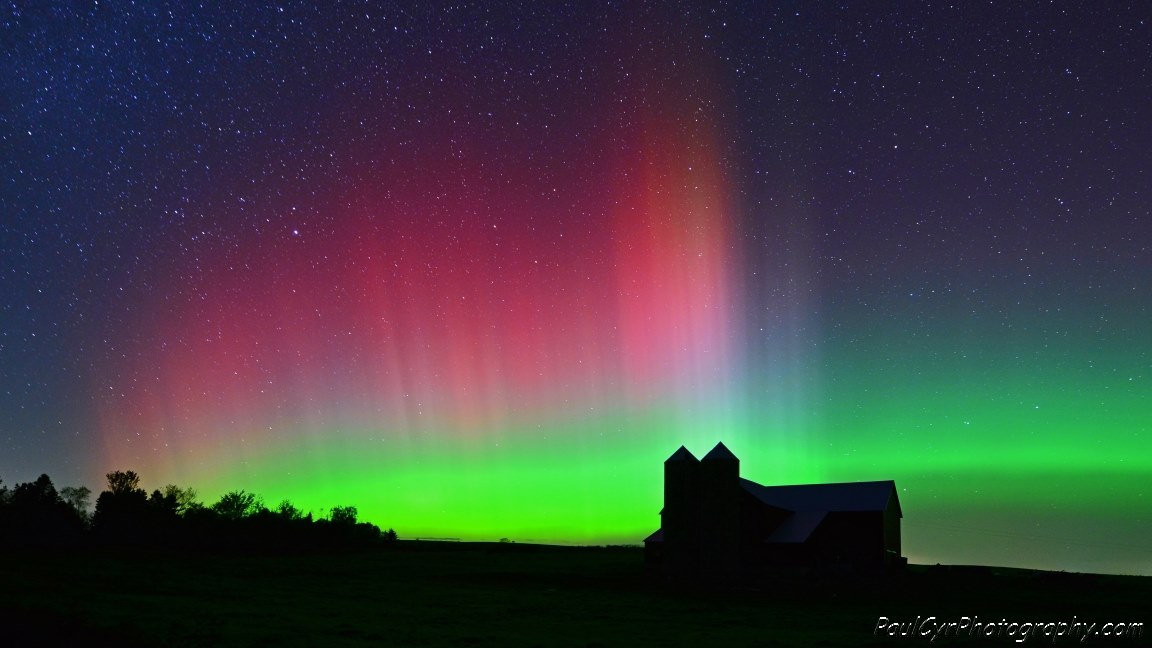
From northern Maine by Paul Cyr
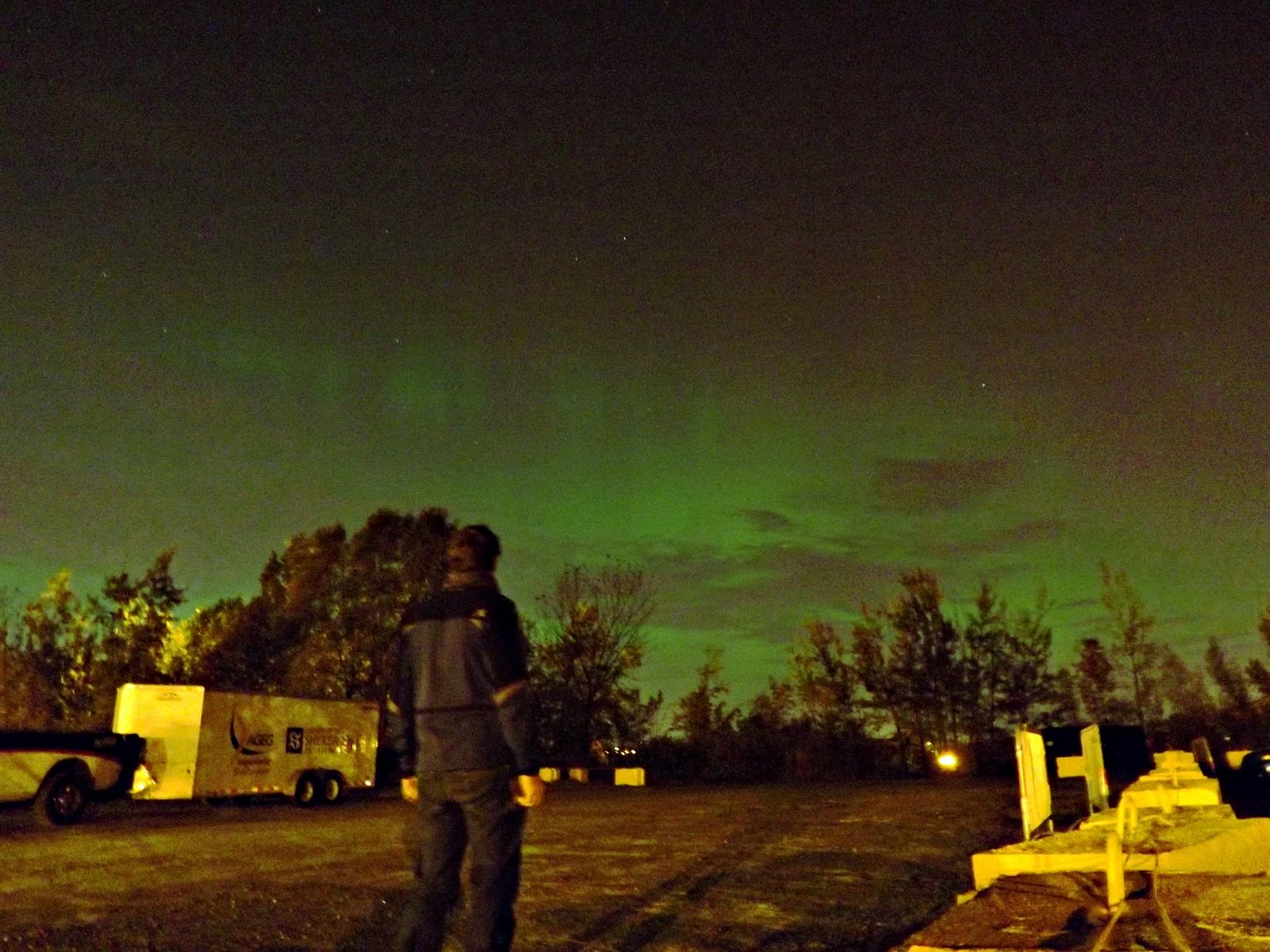 Near Sherbrooke, Quebec by Simon Escalle
Near Sherbrooke, Quebec by Simon Escalle
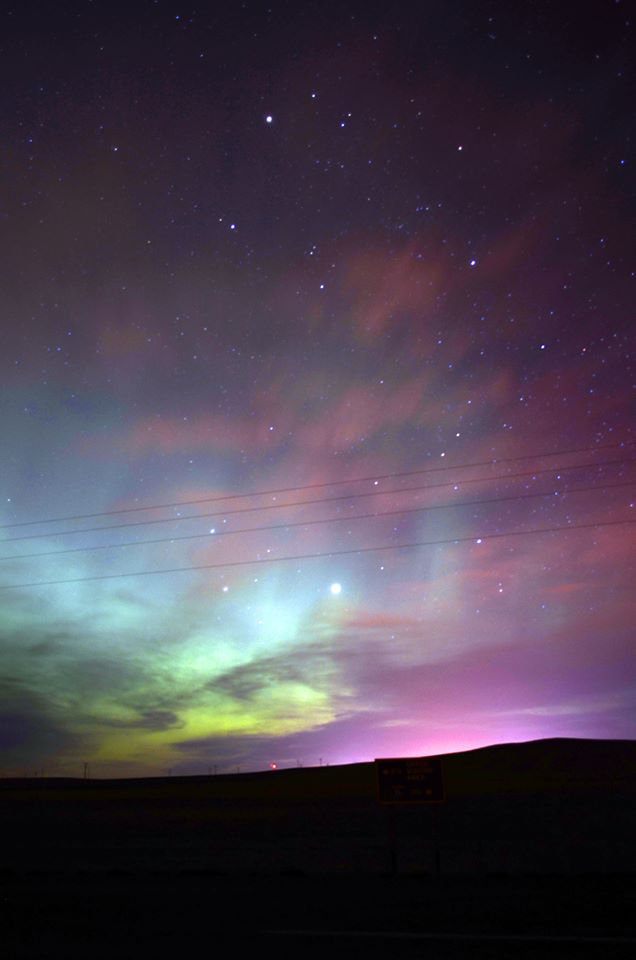
From Great Falls, Montana by Vikki Higginbotham
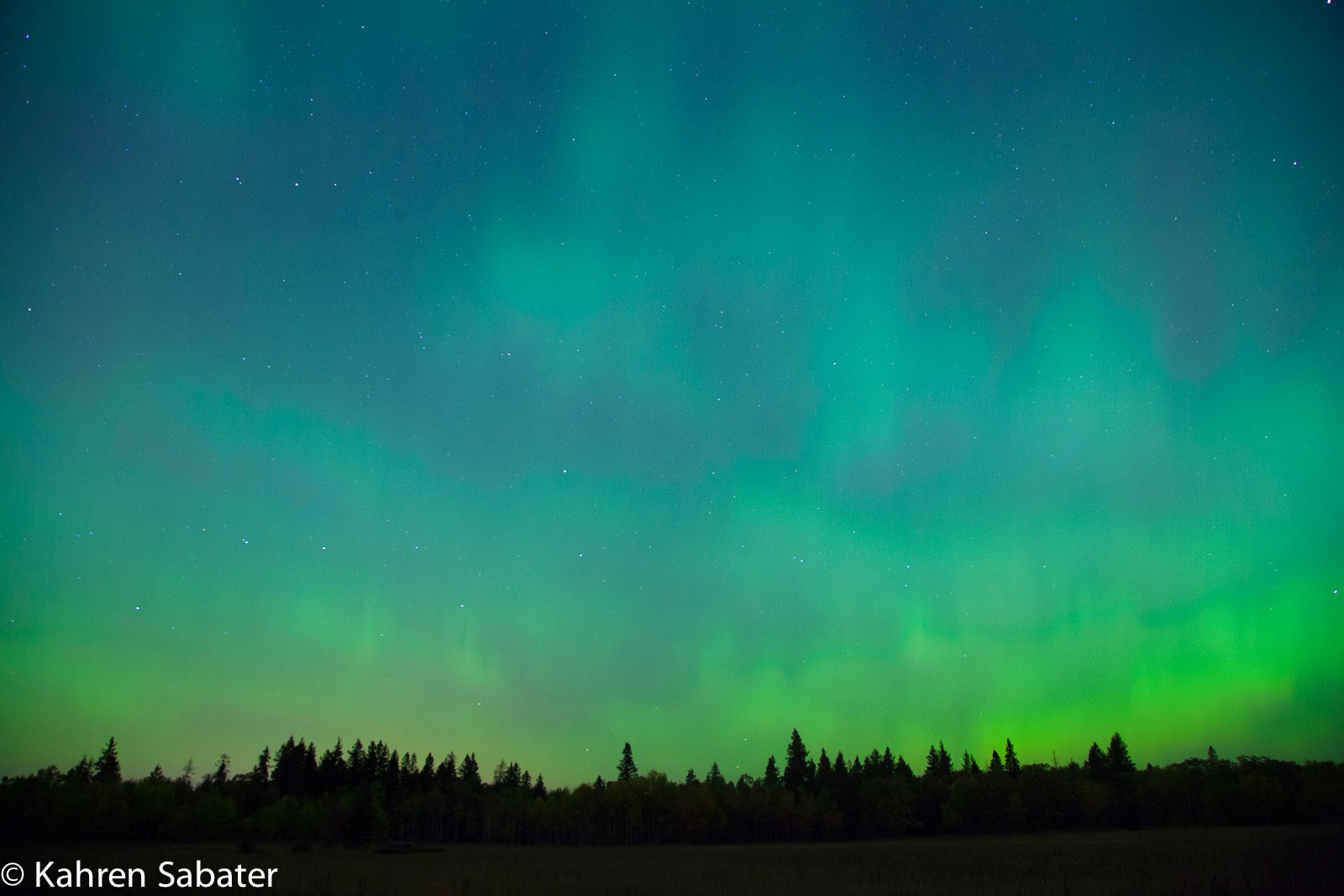
From Birds Hill Park, Manitoba Kahren Sabater
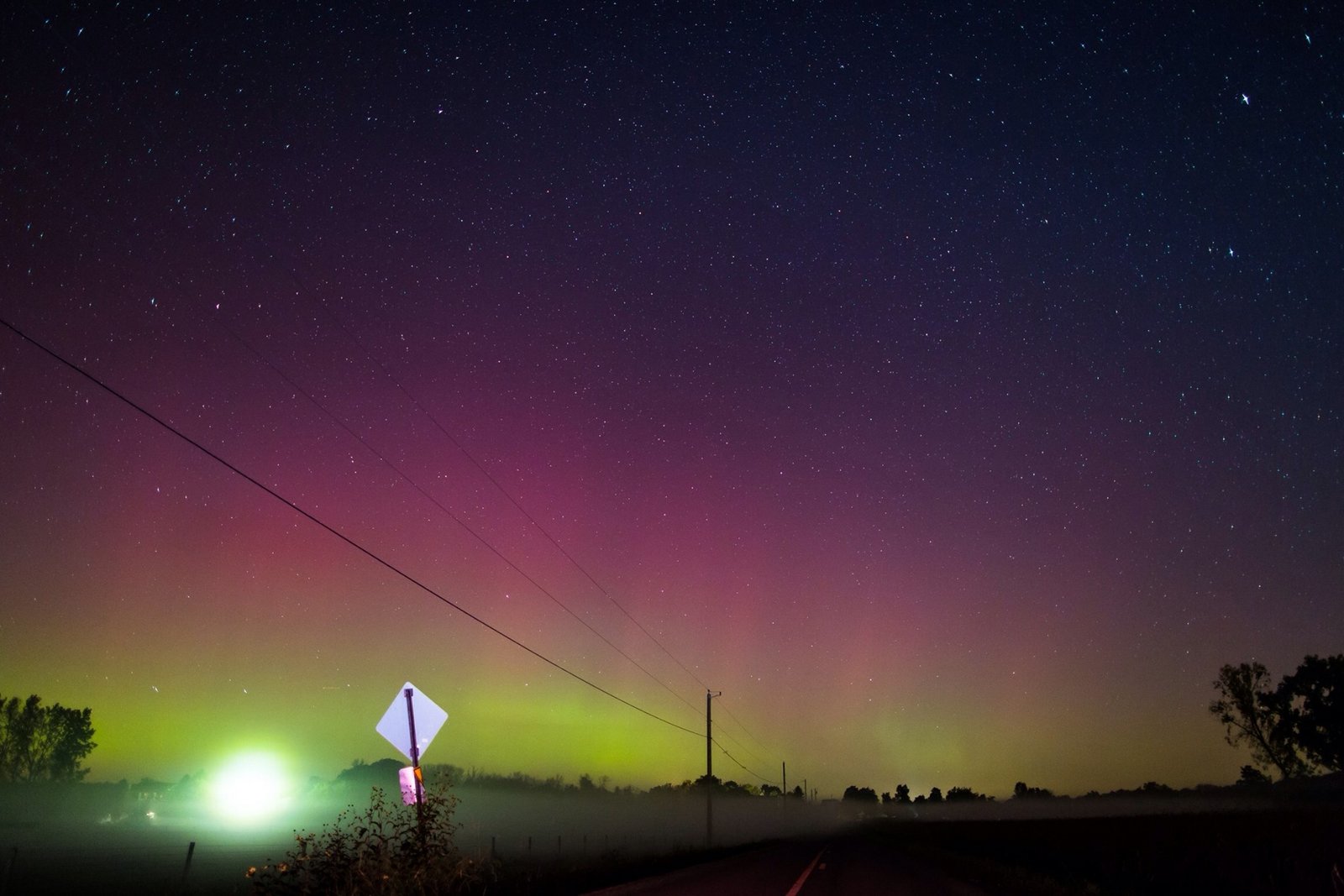
From central Ohio by Shane Black
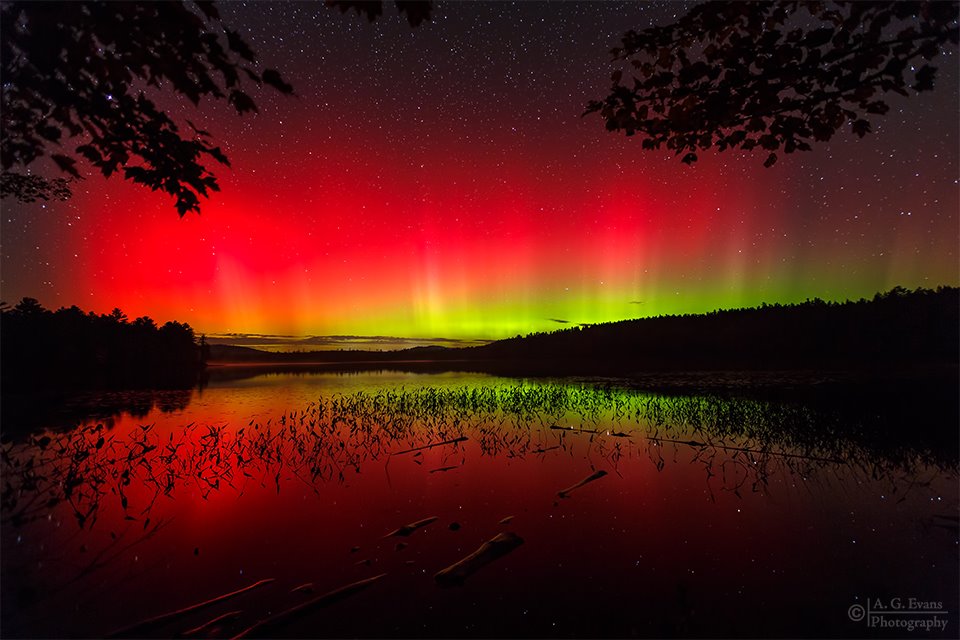
Near Gile Pond in Sutton, NH by Garrett Evans
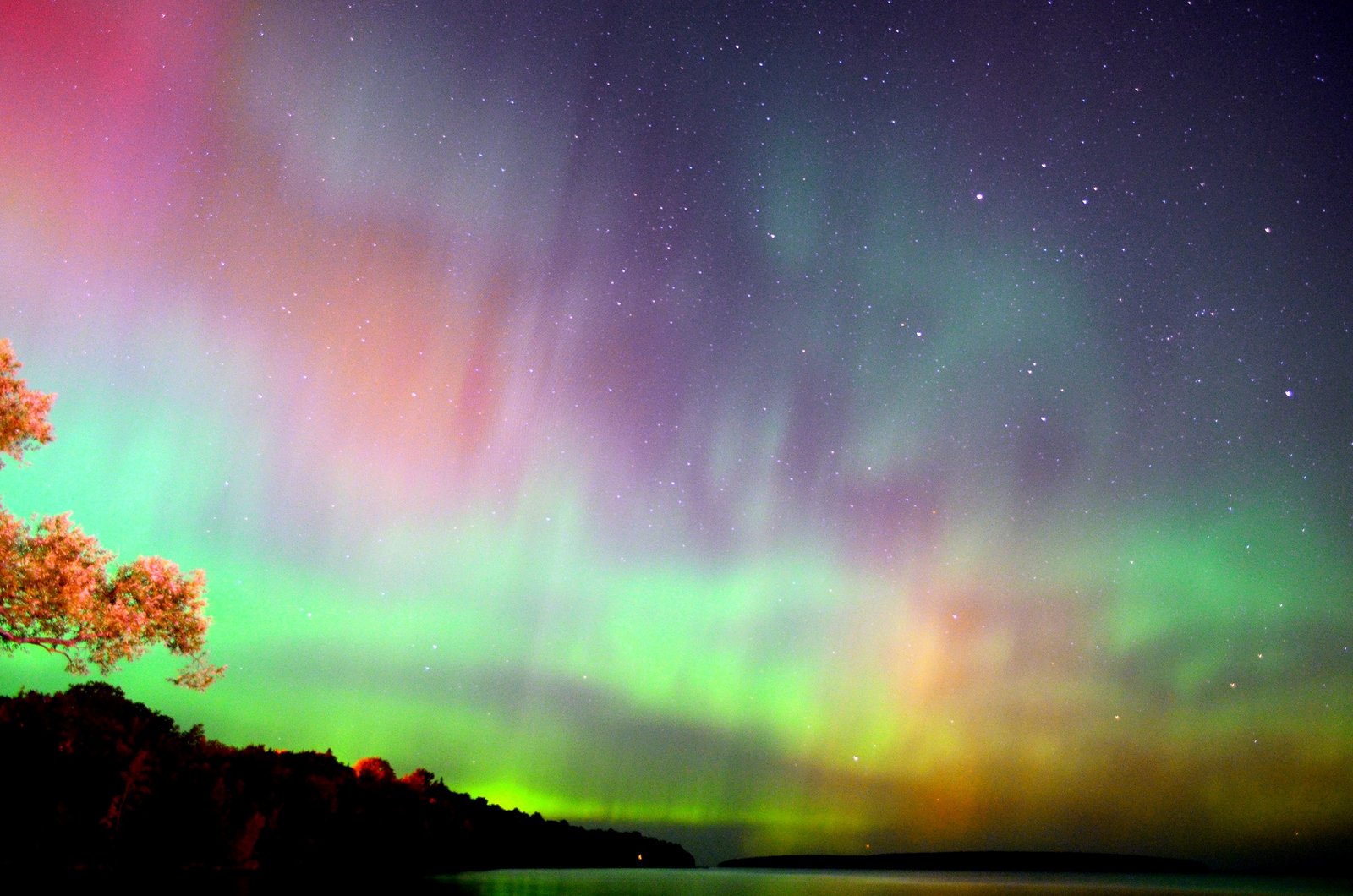
From Bayfield, Wisconsin on the south shore of Lake Superior by Katrina Werchouski
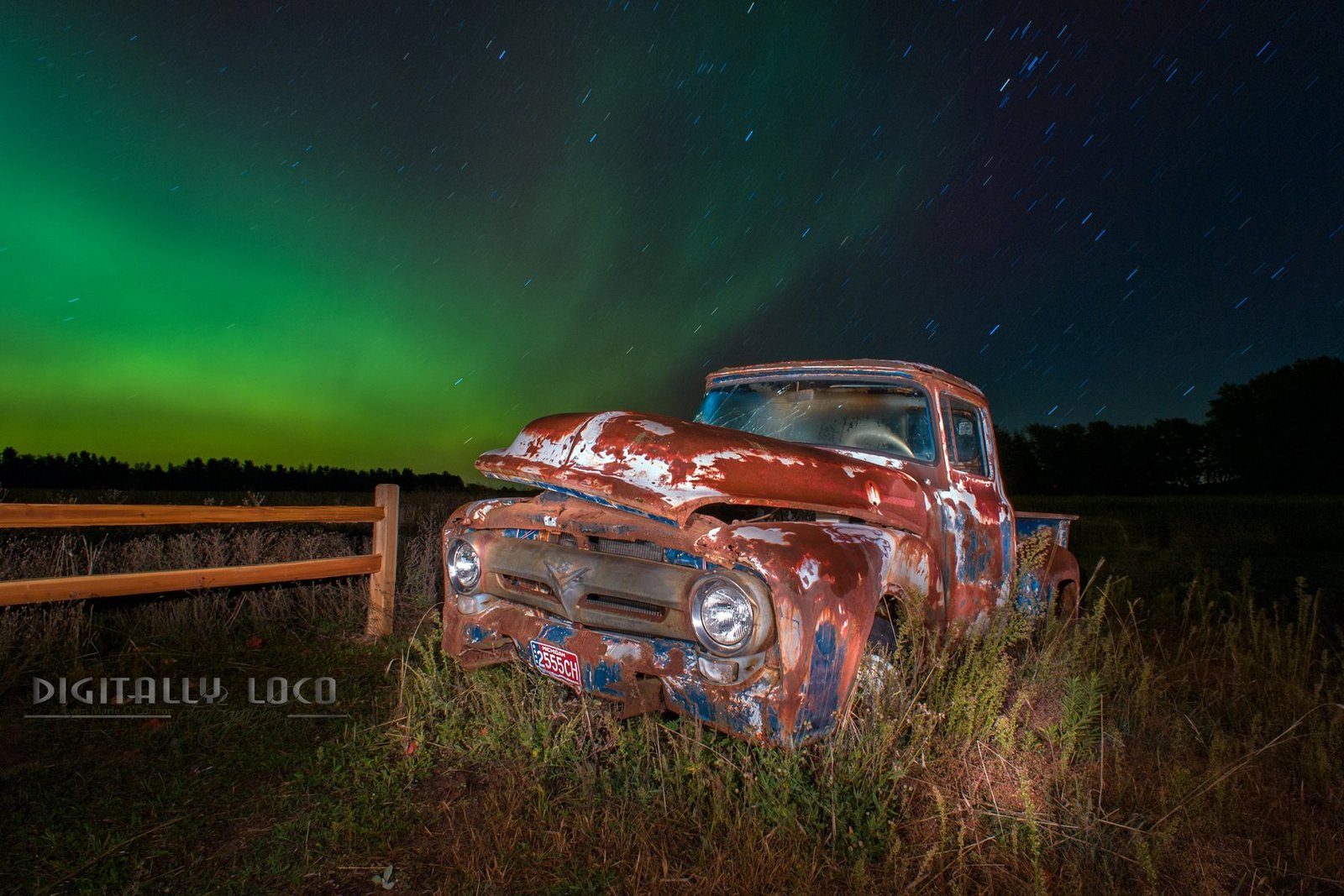
From Bear Lake, Michigan by Lynn Marie O Connor
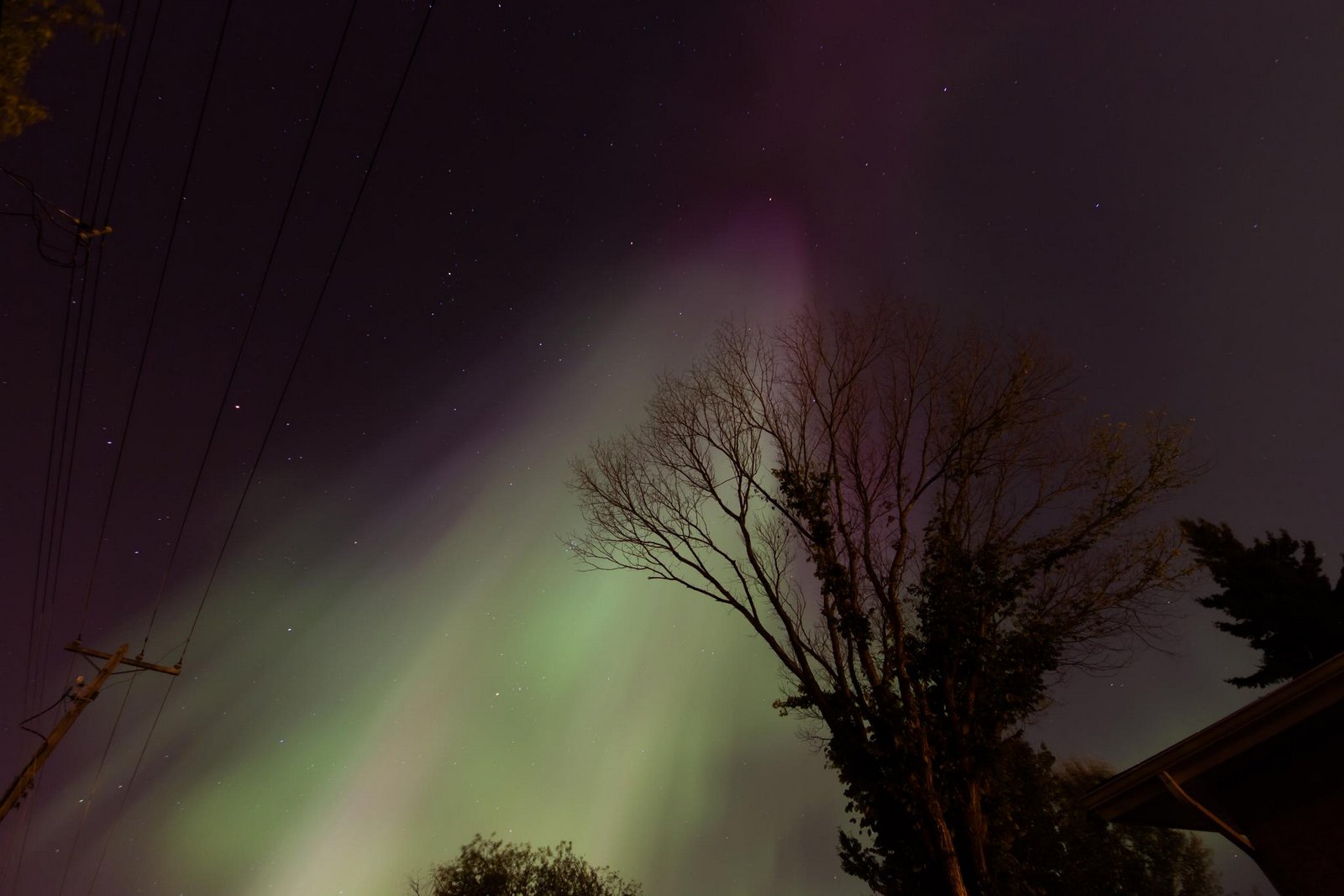
From Saskatoon Saskatchewan Canada by Vincent Rees
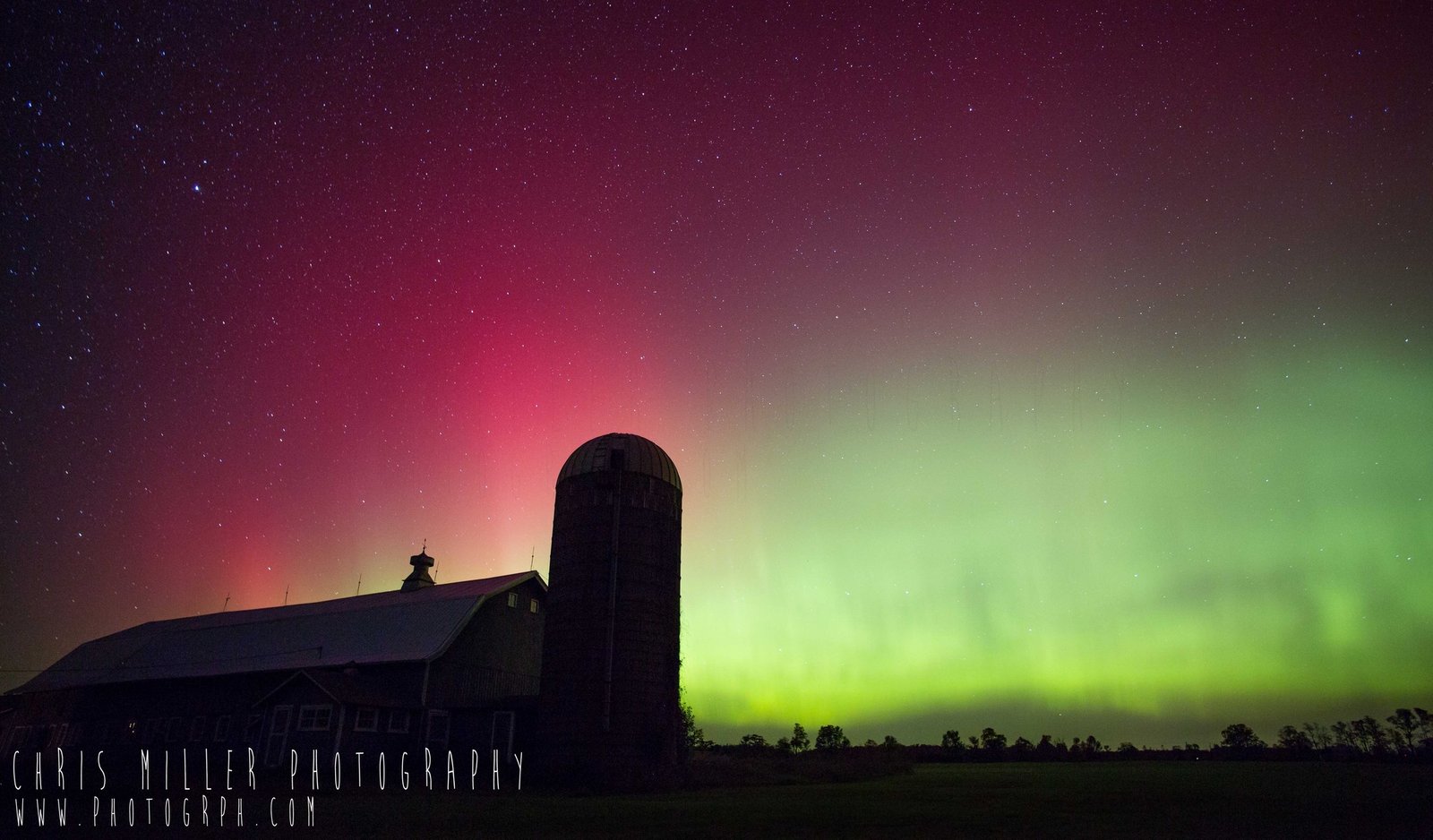
From Door County, WI by Chris Miller Photography
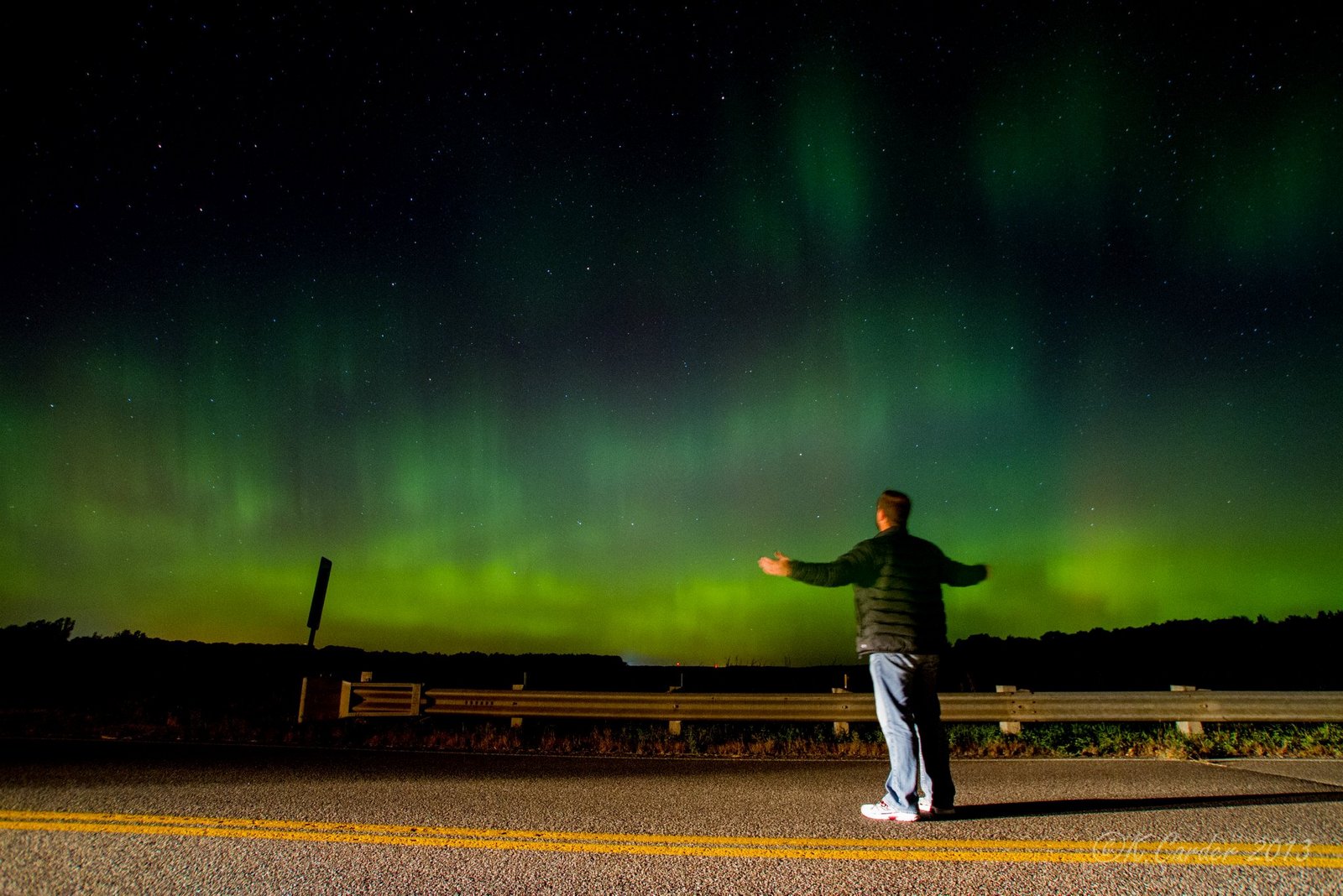
From Carlos Avery in Minnesota by Kent Carder
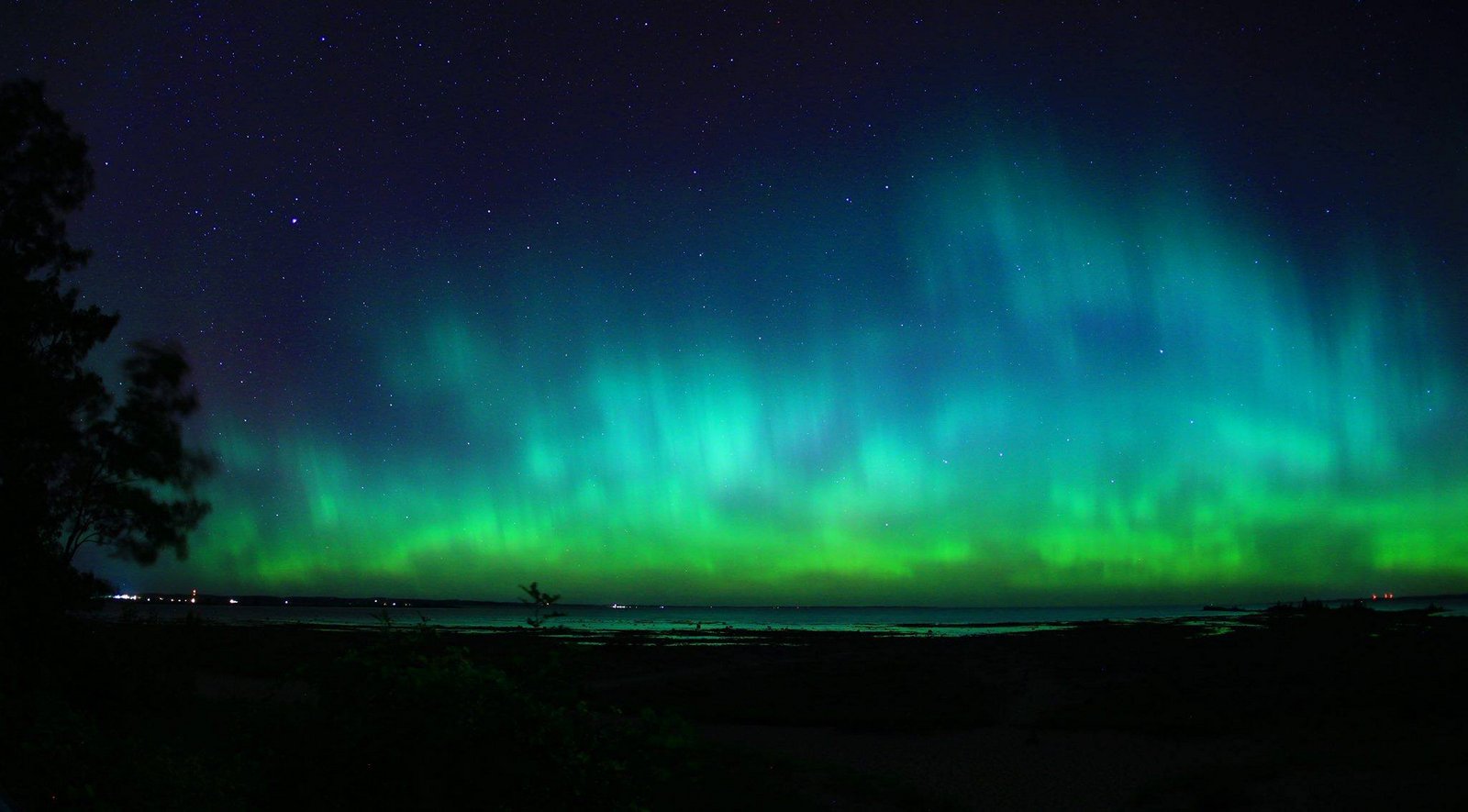
From Traverse City, Michigan by Eric Raymond
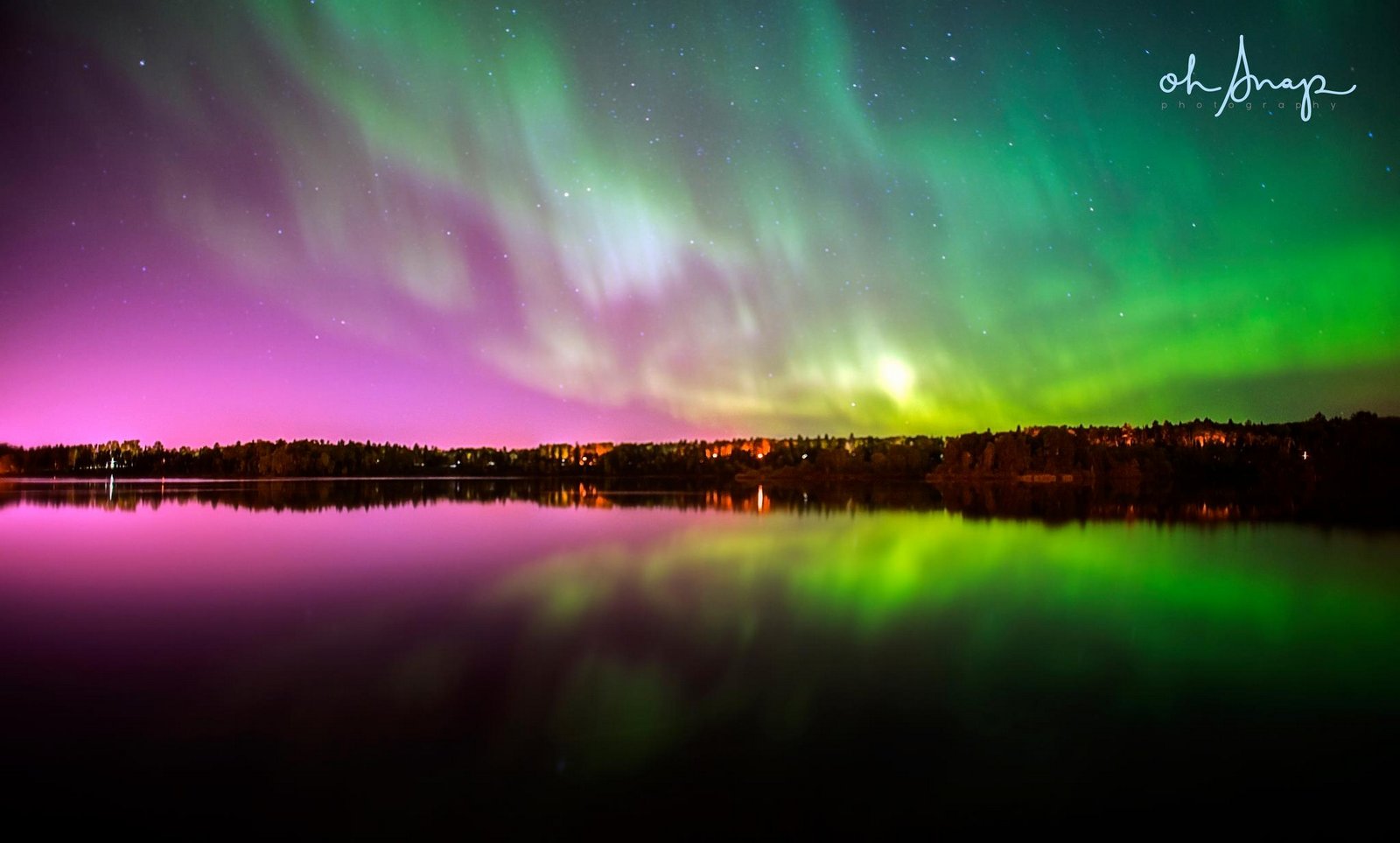
From Thunder Bay Ontario by Oh Snap Photography
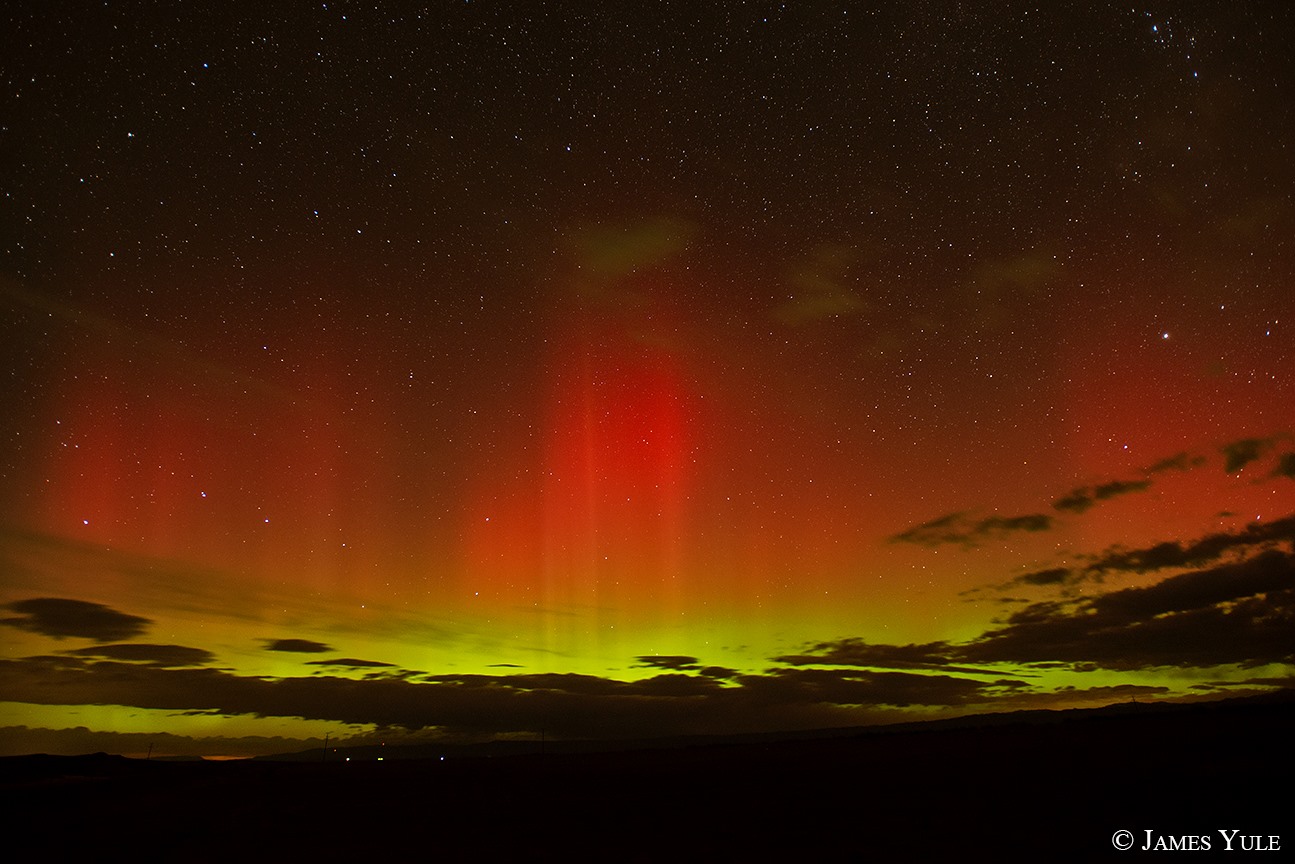
From Washakie County, Wyoming by James Yule
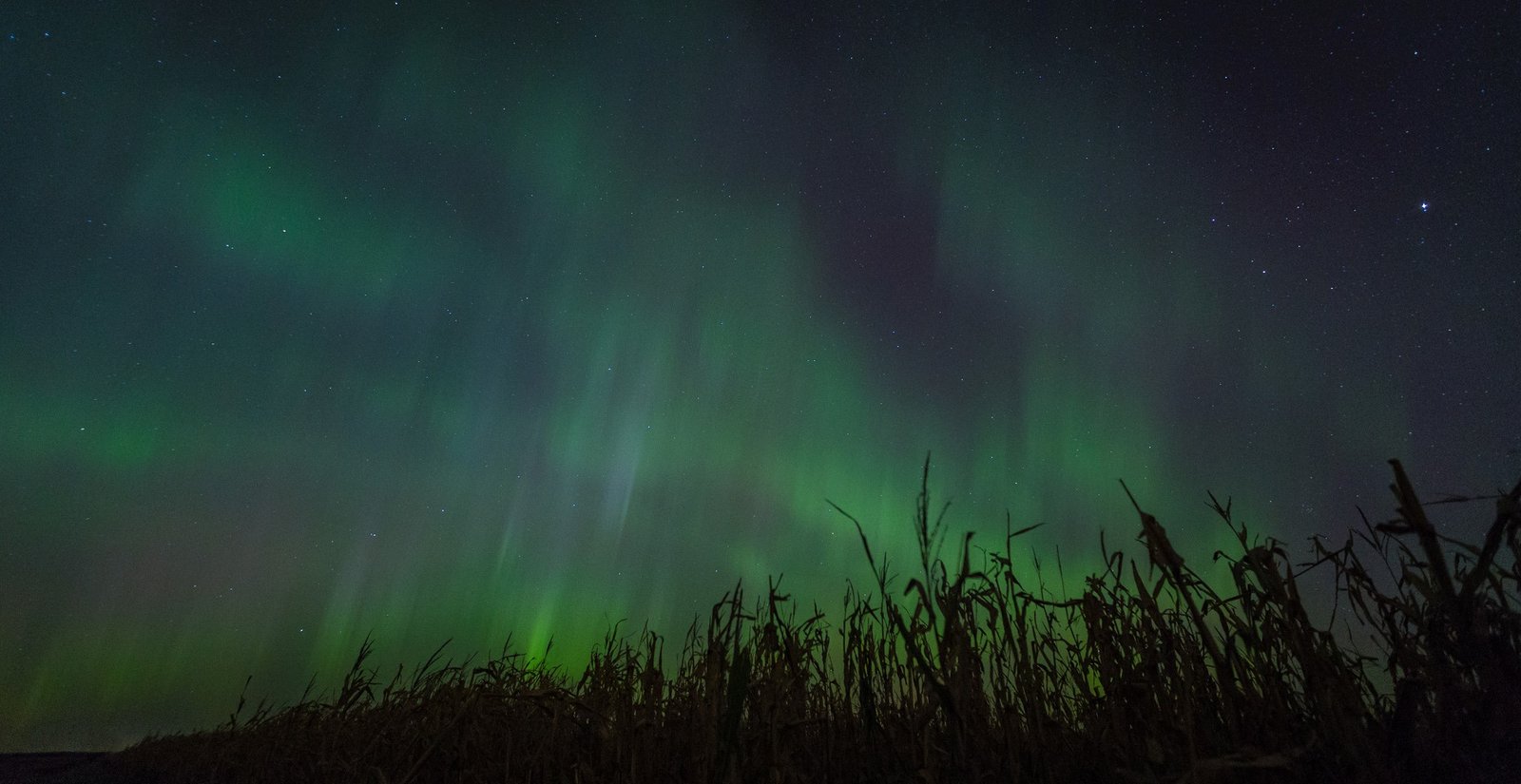
In corn field in Minnesota by Nathan Lodermeier
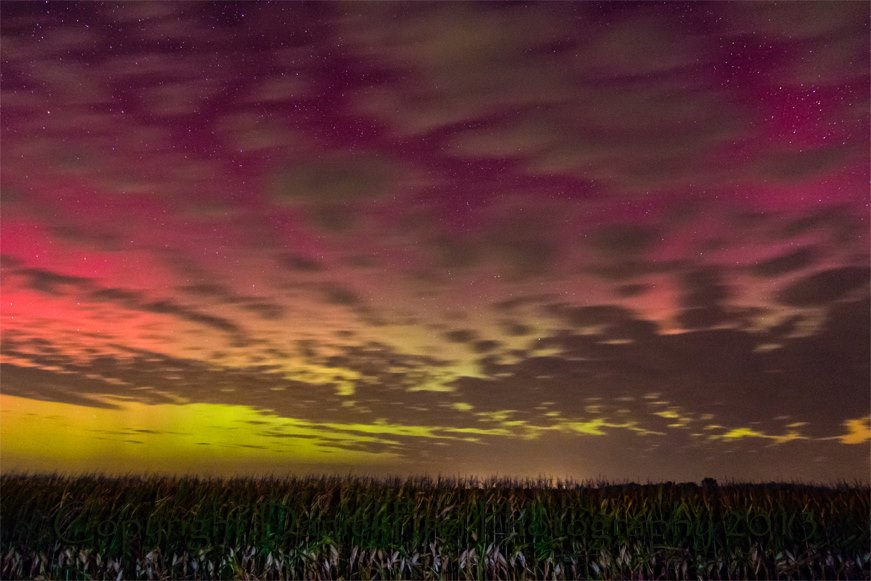
Middle of the thumb in Michigan by Daniel Frei Photography
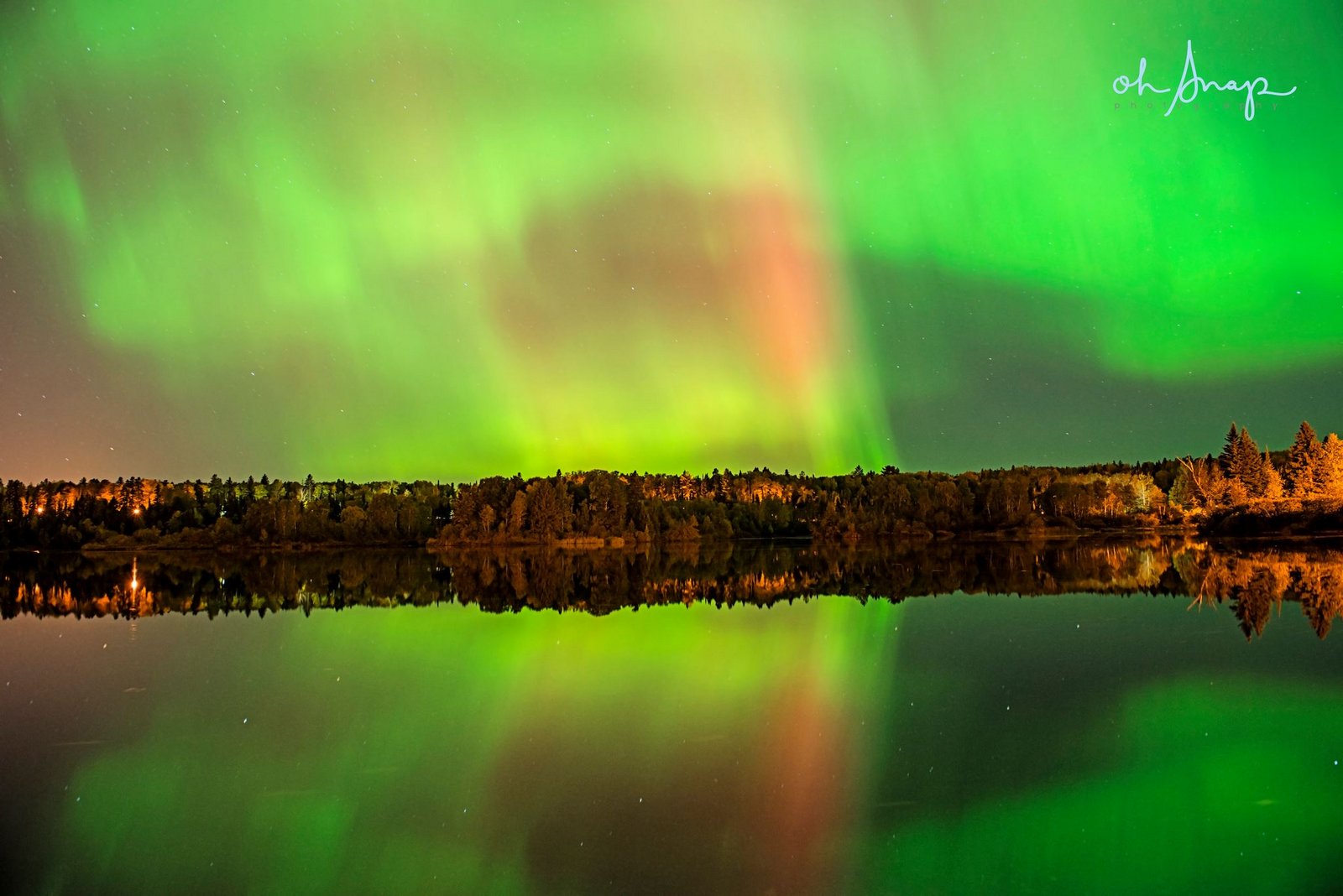
From Thunder Bay Ontario by Oh Snap Photography
WILL YOU BE ABLE TO SEE THE AURORA?
To determine if you can see the Northern Lights use the following three steps:
Step 1 -- Know your Location's "KP number."
The KP number is the Geomagnetic Activity Level. The stronger the Aurora, the larger the KP number and the further south it can be seen. Find the KP number for your location on the one of the maps below. On the night you wish to view, periodically check the real-time Aurora Borealis Forecast. This will give you the KP number prediction for the Aurora for the next hour or so. If that number is greater or equal to the number on the map for your location, you're in luck. Even if the predicted number is one point too low, it still might be worth a look.
North America

Europe & Asia

Step 2 -- Check the Weather.
Auroras happen in the upper atmosphere, so if there are clouds blocking your view of the stars, you won't be able to see the Aurora.
Step 3 -- Shop for a Dark Spot.
Get away from those city lights. Darkness is best for viewing the Aurora. The fewer competing light sources, the better. But it is also very important to remember the widest part of the Aurora is when the sun is on the opposite side of the earth. So late, nighttime (or early morning) dark tends to be best.
EXPECTATIONS
Experienced Northern Lights hunters are familiar with disappointment. Predictions of when the CME cloud hits the earth are not always accurate. Sometimes CME events produce much smaller displays than expected, or even none at all. Also, it is possible the main auroral event happens during the day and therefore can only be enjoyed by people on the other side of the world where it's dark.
Even with these uncertainties, seeing the grandeur of a powerful Aurora Borealis display may be a once in a lifetime event, so for some it's worth the gamble to try.
From Oregon to Illinois to Ohio to Maine and across Canada, North America was treated to a great Northern Lights show last night.
The powerful display was an emotional experience for many, including first time aurora watcher Zuragchin Huu: "One of my childhood dreams came true! I was jumping for joy! I never imagined in my wildest dream I would see this natural wonder in North Dakota."
We will have to wait and see if another show is in store tonight. The Real-time Aurora Borealis forecasts can be obtained at the Aurora Borealis Forecast page at Soft Serve News.
Below are a sample of pictures taken the night of October 1, 2013 across North America and uploaded to our Facebook page.
(Note: if you'd like to be receive text, email or phone-call Aurora Alerts, customized for your location, you can get them through personal Aurora Alerts.)
Pictures from the big October 1, 2013 Aurora

From Bismarck, North Dakota by Marshall Lipp

From Eastern Quebec by Sebastien Ross

From Central Oregon, Cascade Mountains by Jason Brownlee Photography

From northern Maine by Paul Cyr
 Near Sherbrooke, Quebec by Simon Escalle
Near Sherbrooke, Quebec by Simon Escalle

From Great Falls, Montana by Vikki Higginbotham

From Birds Hill Park, Manitoba Kahren Sabater

From central Ohio by Shane Black

Near Gile Pond in Sutton, NH by Garrett Evans

From Bayfield, Wisconsin on the south shore of Lake Superior by Katrina Werchouski

From Bear Lake, Michigan by Lynn Marie O Connor

From Saskatoon Saskatchewan Canada by Vincent Rees

From Door County, WI by Chris Miller Photography

From Carlos Avery in Minnesota by Kent Carder

From Traverse City, Michigan by Eric Raymond

From Thunder Bay Ontario by Oh Snap Photography

From Washakie County, Wyoming by James Yule

In corn field in Minnesota by Nathan Lodermeier

Middle of the thumb in Michigan by Daniel Frei Photography

From Thunder Bay Ontario by Oh Snap Photography
WILL YOU BE ABLE TO SEE THE AURORA?
To determine if you can see the Northern Lights use the following three steps:
Step 1 -- Know your Location's "KP number."
The KP number is the Geomagnetic Activity Level. The stronger the Aurora, the larger the KP number and the further south it can be seen. Find the KP number for your location on the one of the maps below. On the night you wish to view, periodically check the real-time Aurora Borealis Forecast. This will give you the KP number prediction for the Aurora for the next hour or so. If that number is greater or equal to the number on the map for your location, you're in luck. Even if the predicted number is one point too low, it still might be worth a look.


Step 2 -- Check the Weather.
Auroras happen in the upper atmosphere, so if there are clouds blocking your view of the stars, you won't be able to see the Aurora.
Step 3 -- Shop for a Dark Spot.
Get away from those city lights. Darkness is best for viewing the Aurora. The fewer competing light sources, the better. But it is also very important to remember the widest part of the Aurora is when the sun is on the opposite side of the earth. So late, nighttime (or early morning) dark tends to be best.
EXPECTATIONS
Experienced Northern Lights hunters are familiar with disappointment. Predictions of when the CME cloud hits the earth are not always accurate. Sometimes CME events produce much smaller displays than expected, or even none at all. Also, it is possible the main auroral event happens during the day and therefore can only be enjoyed by people on the other side of the world where it's dark.
Even with these uncertainties, seeing the grandeur of a powerful Aurora Borealis display may be a once in a lifetime event, so for some it's worth the gamble to try.

